2024 Australasian Forum on Person-Centred Value-Based Health Care
2024 Australasian Forum on PCVBHC
The forum is being delivered through a partnership between three organisations.

Sponsors
About the 2024 Australasian Forum on PCVBHC
Theme
- How to personalise care with a focus on understanding individual values, goals and preferences.
- How to personalise measurement by measuring the extent to which goals have been achieved and preferences respected.
- How to personalise care pathways through user-centred design.
- How to bring together personalisation of care and measurement, with value and equitable resource allocation.
- How can we use technology and artificial intelligence to enable personalisation of care and measurement with a simultaneous focus on value and health equity.
Who should attend?
- Decision makers (political, system level and organisational) in health care from the Australasian region.
- Consumer organisation leaders with an interest in PCVBHC.
- Clinical leaders, clinicians and service managers from across the Australasian region.
- Leaders from the pharmaceutical and medical technology industry operating within the Australasian region.
- Scholars specialising in healthcare research and policy, particularly those with a focus on measuring outcomes.
Background to PCVBHC
Over the past 30 years health care systems in many parts of the world have focused on creating evidence-based guidelines and aligned to these guidelines, measuring quality based on whether certain processes and structures of care have been followed. This is part of what has been identified as “industrialised and transactional care”.
In 2010, the work of Michael Porter, Elizabeth Teisberg and others highlighted that we might be meeting certain standards of care but this does not mean we are achieving the outcomes that matter to people sustainably. This led to a focus on the concept of value – defining the outcomes that matter, often involving Patient Reported Outcomes (PROs), and relating these to the cost that it takes to achieve them, aiming for the best outcomes at the lowest cost.
However, measuring outcomes, including PROs, still does not enable us to understand what actually matters to a particular person, at a specific point time, in relation to their life and their circumstances. This is the true measure of value.
In 2021, we launched the concept of Person-Centred Value-Based Health Care (PCVBHC), aiming to address the above challenge. PCVBHC emphasises the importance of (i) understanding the values, goals and preferences of individual people, (ii) measuring the extent to which people’s goals have been achieved and preferences respected, (iii) using this data, where necessary, to support the interpretation of standardised datasets, (iv) using user-centred design principles to develop and design services and pathways and (v) using our understanding of people’s values, goals and preferences to inform meso and macro level resource allocation.
Guest Speakers




Jasjit Baveja holds a diverse background in both engineering and regulatory affairs within the MedTech industry. After completing her Bachelor of Electrical Engineering and Master of Biomedical Engineering, as well as a Ph.D., all from the University of New South Wales (UNSW), she ventured into roles encompassing regulatory affairs at prominent MedTech companies such as ResMed, Johnson & Johnson Medical, and Boston Scientific.
With her extensive experience in regulatory affairs, Jasjit transitioned to a broader scope within the industry, assuming the role of Associate Director, Policy, at the Medical Technology Association of Australia (MTAA). In this capacity, she holds significant responsibilities in shaping policies concerning regulatory matters, clinical affairs, and procurement within the MedTech sector.
Jasjit is also deeply involved in academia, serving as a lecturer at both the University of Newcastle and UNSW. Her teaching focuses primarily on regulatory affairs, imparting her knowledge and expertise to the next generation of professionals in the field. Furthermore, Jasjit’s commitment to academia extends to her role on the Industrial Advisory Board of the Graduate School of Biomedical Engineering, where she provides strategic insights and guidance.
Jasjit Baveja also contributes her expertise to steering committees overseeing critical healthcare registries. Specifically, she serves on the steering committee of the Bariatric Surgery Registry Nand the Australian Breast Device Registry.


Alf Collins served as the Clinical Director for Personalised Care at NHS England. His policy portfolio encompassed shared decision-making, care planning, self-management support, social prescribing, and health literacy.
With a background as a community consultant in pain management, Alf dedicated many years to this field. Simultaneously, he worked for a decade at the Health Foundation, contributing to applied research and implementation programmes in Person-Centred Care. Alf has extensively researched and published on various aspects of Person-Centred Care, with a specific focus on transforming the relationship between patients and health care professionals.
Recognised for his contributions, Alf holds honorary fellowships from the Royal College of Physicians and the Royal College of General Practitioners. Additionally, he holds a Visiting Professorship in Health care Policy at Coventry University.
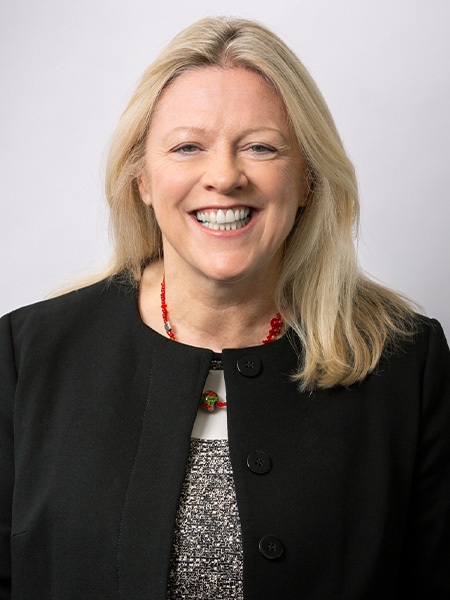

Professor Shelley Dolan joined the RMH in August 2023 as Chief Executive. She is a familiar face in the Parkville Precinct, previously serving as the Chief Executive of the Peter MacCallum Cancer Centre.
In her previous roles, Shelley has successfully led large specialist tertiary hospitals in the UK, including as Chief Executive of Kings College Hospital NHS Foundation Trust and Deputy Chief Executive of the Royal Marsden Hospital.
Shelley is a highly respected clinical and research leader with an impressive track record in health care, having successfully led major organisational and cultural change in Victoria and the United Kingdom (UK). Key capabilities include Executive and Non-Executive leadership across national and international bodies, strategy development, delivering excellence in quality and performance, overseeing large capital schemes and innovative research projects that require engagement with a broad range of stakeholders.
Shelley has a PhD in the early diagnosis of sepsis in cancer patients and a master’s degree in advanced practice nursing. She is a Professor (Enterprise) of the Melbourne School of Health Science at the University of Melbourne.
She is Chair of the Western & Central Melbourne Integrated Cancer Service, a Board member of the Victorian Comprehensive Cancer Centre Alliance, the Melbourne Academic Centre for Health, Melbourne Genomics and CRC Participant Director on the Board of Oncology One. In November 2022, the Minister for Health and Aged Care appointed her as a Member of the Cancer Australia Advisory Council.
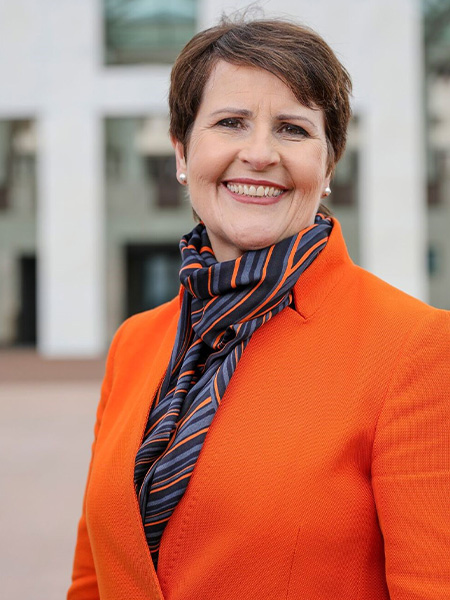

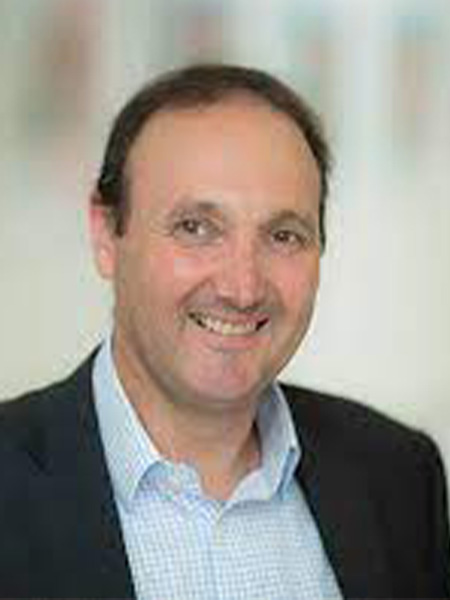

Jon Emery is the Herman Professor of Primary Care Cancer Research at the University of Melbourne, and the Victorian Comprehensive Cancer Centre Primary Care Research and Education Lead. He is also Director of the Cancer Australia Primary Care Collaborative Cancer Clinical Trials Group (PC4), and a Visiting Research Fellow at the Department of Public Health and Primary Care, University of Cambridge.
Jon studied medicine at Cambridge and Oxford and obtained his DPhil at Oxford on computer decision support to assess cancer risk in general practice. His research program applies principles of implementation science and focuses on the role of primary care across the cancer continuum including prevention, early diagnosis and survivorship, aiming to improve the integration of health services. He leads a parallel program of cancer research between Melbourne and Cambridge on cancer screening, risk assessment and early diagnosis. He has published over 240 papers and has been a Chief Investigator on research grants and awards totalling over $35 million and an additional GBP16 million. He sits on several national and international advisory committees related to cancer early detection and survivorship, and cancer research.
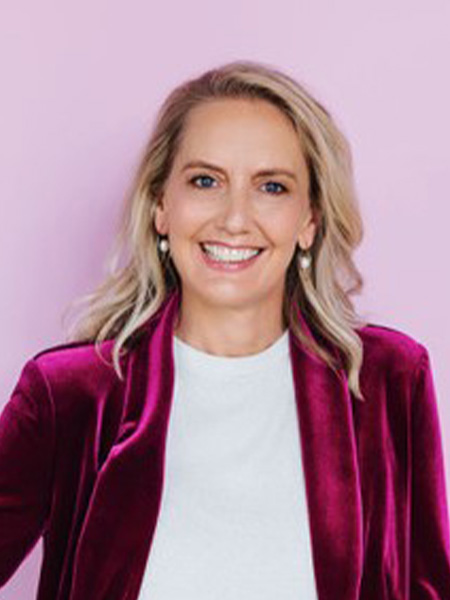
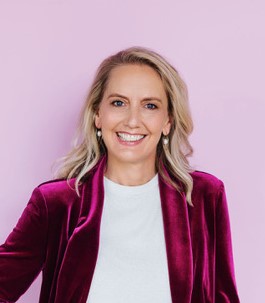
On an ordinary morning in August 2019 at age 46, Kath’s life was suddenly thrown a curve ball when she discovered a large lump in her breast while getting dressed to race out the door to work. She instinctually knew something wasn’t right and two days later was diagnosed with locally advanced triple positive breast cancer. Within a week she started an intense 5-month program of chemotherapy, followed by surgery, radiation and Herceptin therapy.
One of Kath’s goals during her experience with cancer was to make sure that her family, friends, co-workers and medical team understood her holistic and values-based approach to treatment as well as understanding the language she wanted used about her diagnosis.
Kath is now living cancer-free and is one of Australia’s leading alcohol and binge drinking coaches for high-functioning professionals. Her expertise and comments regularly appear in lifestyle, health, business and women’s media nationally.
Kath is a founding member of Alcohol Coaches Australia and a member of the consumer advisory committee for Hello Sunday Morning. She recently appeared in the Voices For Change campaign for the Foundation for Alcohol Research & Education.
Kath lives in Melbourne with her family and loves hiking, walking her beloved cocker spaniel Ralph, reading, 80s music and pushing herself out of her comfort zone.
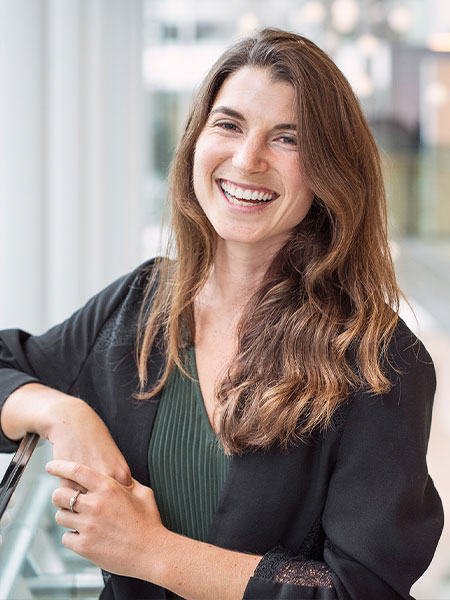

Stephanie Fridd is the Director and Global Lead for Value-Based Healthcare (VBHC) at Philips. In her current role in the Medical Office, Steph sets the strategy for the VBHC programme and oversees execution through health system partnerships and projects. This includes cross sector collaboration in initiatives such as the World Economic Forum’s digital health transformation initiative, the International Consortium for Health Outcomes Measurement (ICHOM) advisory group and MedTech Europe Value-Based Procurement community.
Before joining Philips, Steph worked in commissioning in the public health sector in New Zealand and managed health board integrated care programs and national primary care transformation initiatives. Steph has a clinical background in physiotherapy and public health and is passionate about sustainability and transforming health systems to deliver people-centered, equitable and high-value health care.
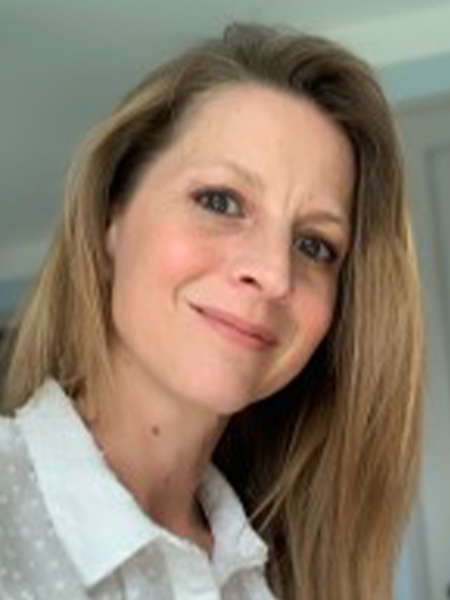

Cécile Huyghe Garassus has been working at Pfizer for the past six years. She initially joined the French Health and Value team as Portfolio Director in charge of inline assets access and pricing and pipeline strategy. She then joined the Global Access Innovation team to develop strategic partnerships and new contracting models. As an example, over the past three years, she has been advocating for the promotion of value-based financing mechanisms for novel anti-infectives.
Prior to joining Pfizer, Cécile has been a Market Access Director in the medical devices space for more than 13 years allowing her to develop an early understanding of priority topics such as evidence generation leveraging existing databases, digital therapeutics reimbursement and innovative contracting which play a key role in her current position.
Cécile holds a BA in European Studies and two Master’s degrees in Politics, and has attended executive education at Insead.
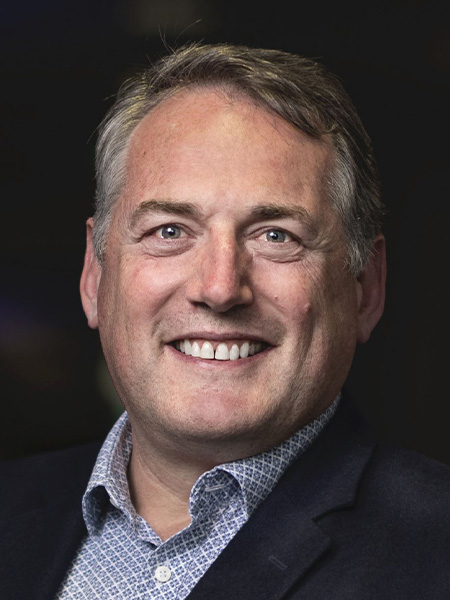

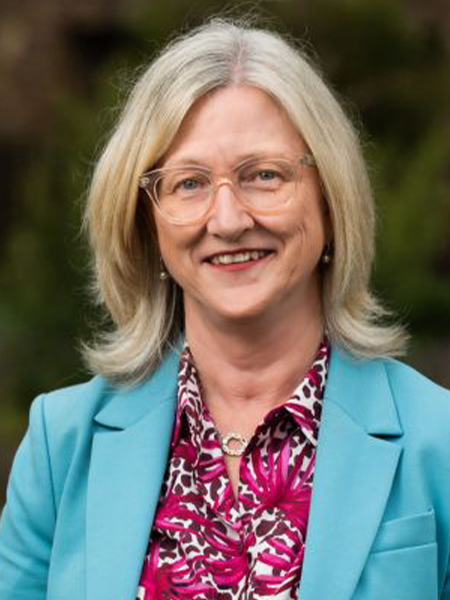

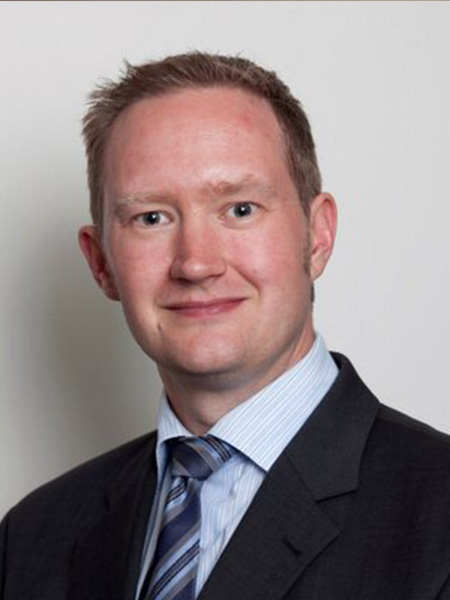



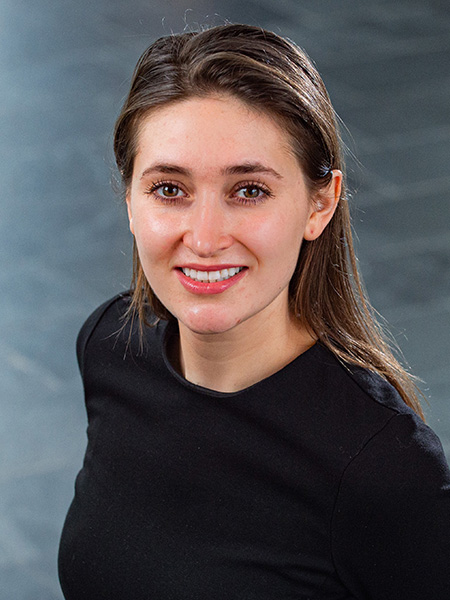

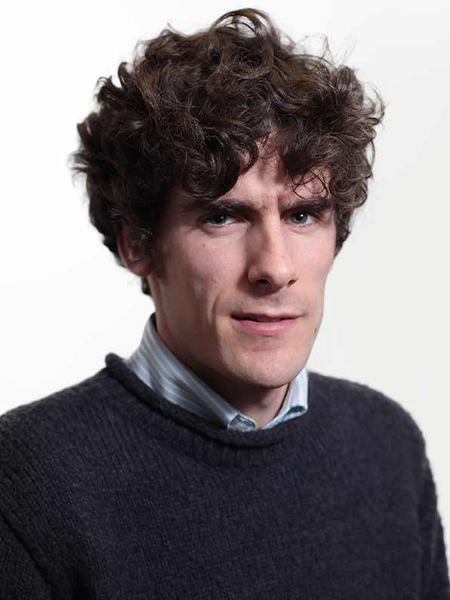

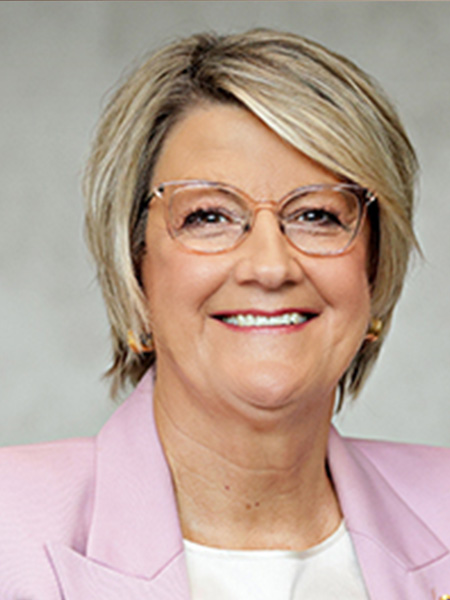

Elizabeth is the Managing Director of Telstra Health. Prior to this, Elizabeth was Secretary for New South Wales (NSW) Health for a six-year term. As Secretary, Elizabeth was responsible for the management of the NSW health system, the largest health system in Australia. Key strategy achievements include the implementation of value-based care across NSW, the progression of E health initiatives and a $2B/year capital infrastructure programme. She oversaw several key initiatives and changes, including the NSW government’s response to the COVID-19 pandemic. She was a key advisor to the NSW crisis cabinet on managing COVID-19 in NSW and the vaccine role out.
Prior to her role as Secretary for NSW Health, Elizabeth was the Deputy Secretary for Strategy and Resources at NSW Health, and Chief Executive of the Sydney Children’s Hospitals Network.
She continues to champion digitalising and integrating health systems to improve patient outcomes, a pursuit she embraced as Secretary for NSW Health.
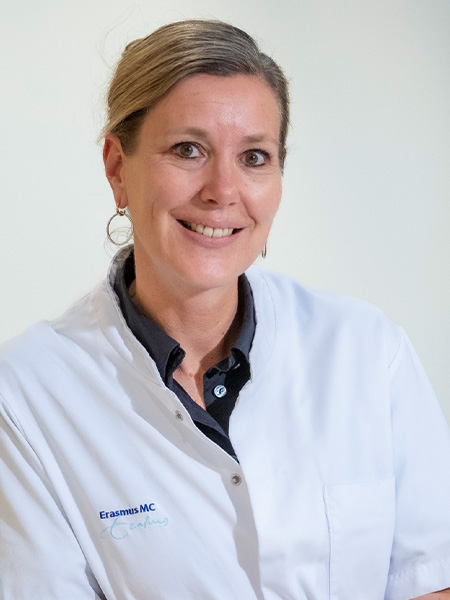

Linetta Koppert is Associate Professor Surgical Oncology at the Erasmus MC Rotterdam. In this university hospital she established in 2014 the multidisciplinary Academic Breast Cancer Center, a centre of excellence for hereditary breast cancer and acknowledged by Orphanet, the Dutch Federation of University Medical Centers and ministry of Public Health. Linetta’s main focus is on breast cancer in young women, BRCA1/2 gene mutation carriers and complex breast cancers. In addition her focus is on thyroid cancer.
Her major research interests are quality of breast cancer surgery, prediction of outcome and Value Based Health Care.
Linetta received her MD in 2001 (cum laude) and her PhD in 2006. In 2009 she was registered as clinical epidemiologist. She has co-authored more than 100 peer-reviewed publications and supervises PhD students. From 2021 she is also occupied at the department of Quality of Healthcare and Patient Care as principal investigator international Value Based Healthcare. She heads the Dutch Health Outcome Observatories (H2O) initiative in which a pan-european data hub is being build for standardized outcome measurement in DM, IBD and cancer including technological requirements in order to empower patients. Linetta is clinical lead of the large digital patient journey project at the Erasmus MC.
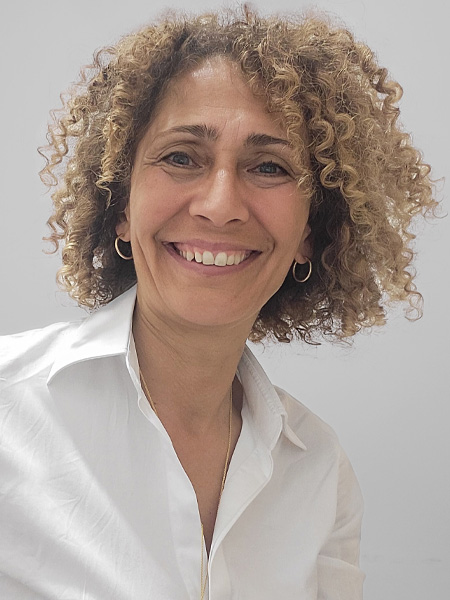

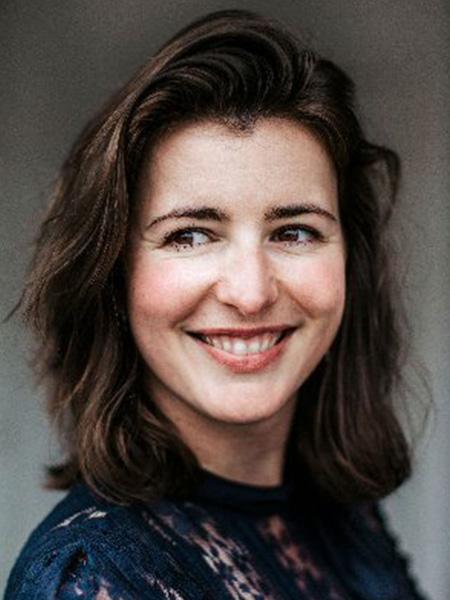

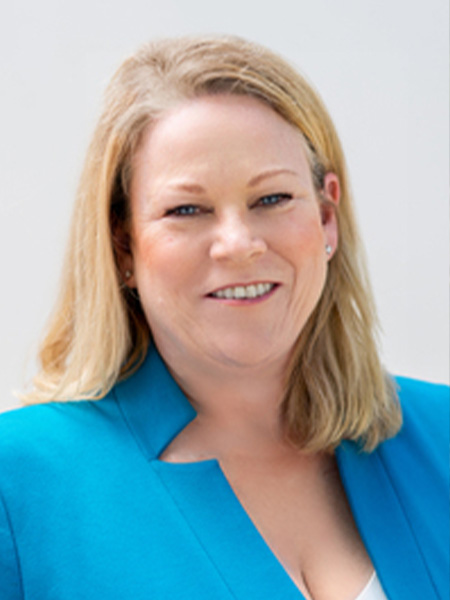

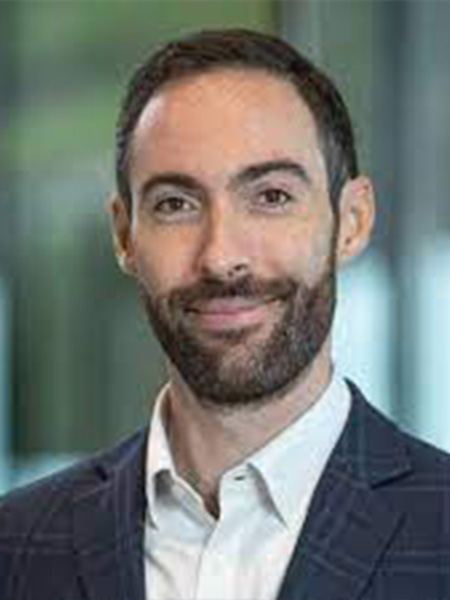

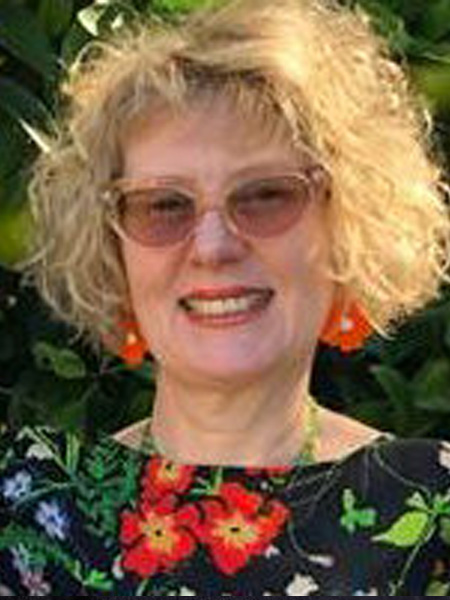

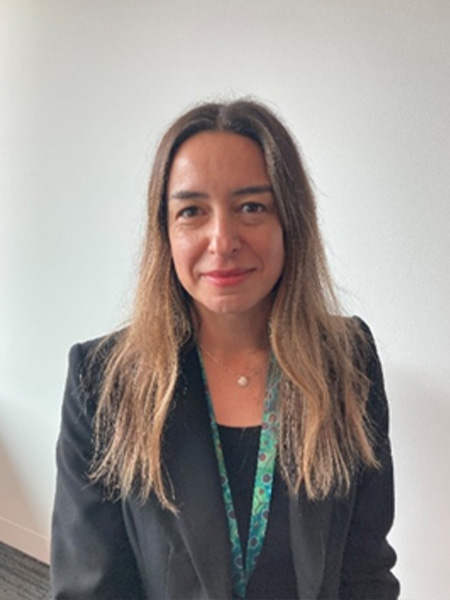

Olivia Pantelidis is a value driven leader with a passion and focus on equity. Over her career Olivia has held various roles in healthcare management and leadership. She is a strategic leader, committed to improving health and care by creating integrated systems that minimise fragmentation and focus on the delivery of safe and equitable care.
Olivia’s current role is as General Manager – Care Partnering at Australian Unity, leading the establishment of the Care Partnering function optimising care coordination mechanisms with the goal to create a health care delivery system that stands as a beacon of precision and timely interventions.
In her prior positions, Olivia served as the Executive Director of Strategy and Planning within the Public Health Division at the Victorian Department of Health, overseeing the overarching strategy and operations for Victoria’s Local Public Health Units. Previously, at the Transport Accident Commission, she spearheaded the strategic shift toward Value-Based Health Care, elevating it to a key focus area for the organization’s 2025 strategy. Olivia also led the Health Care and Trauma Partnerships teams and Clinical Advisory Services, ensuring clients’ access to care remained a priority.
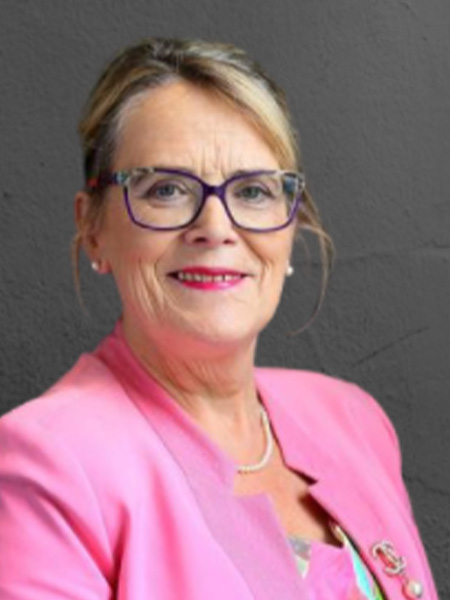

Helen Rochford-Brennan spent many years working in the tourism and disability sectors and has also devoted tireless years to community activism, working at board level in several organisations. In July 2012, Helen was diagnosed with early onset Alzheimer’s disease. Undeterred, she has since become a prominent figure in dementia advocacy. Currently serving as a Global Dementia Ambassador, Helen holds the role of Vice Chair in the Irish Dementia Working Group, where she previously served as Chair. Additionally, she actively participated in the European Working Group of People with Dementia, assuming the position of Chair, and represents the group on the Board of Alzheimer Europe. Integral to the Monitoring Committee for Ireland’s inaugural National Dementia Strategy, Helen also contributes as a panel member to various advisory groups in both Ireland and Europe. Her advocacy is rooted in a rights-based approach, extending across diverse platforms—from media engagements and international conferences to collaborations with pharmaceutical companies, scientists, clinicians, educators, and participation in research projects. Her advocacy addresses critical areas such as evidence-based diagnosis, palliative care, rural isolation, and the unique challenges posed by living during the Covid lockdown. In recognition of her impactful work on the Rights of People with Dementia, Helen has received several awards, including an Honorary Doctor of Laws degree from the National University of Ireland Galway.
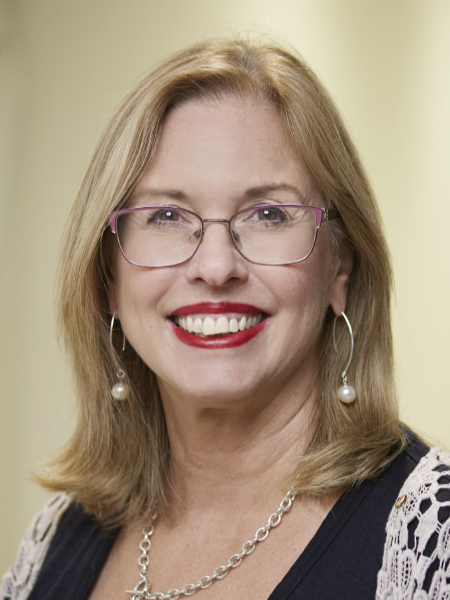

Christobel Saunders is the James Stewart Chair of Surgery, the Head of the Department of Surgery at the University of Melbourne (Royal Melbourne Hospital precinct) and consultant surgeon in the Department of General Surgery at Royal Melbourne Hospital and the Peter MacCallum Cancer Institute.
She is internationally recognised as one of Australia’s most prominent research-orientated cancer surgeons. She has substantially contributed to breast cancer research including clinical trials of new treatments, psychosocial, translational and health services research. In recognition of her sustained career excellence and innovation, she has been publicly acknowledged through numerous awards and honours including Order of Australia 2018, the Uccio Querci della Rovere Award (2018), WA Women’s Hall of Fame Inductee (2018), WA Scientist of the Year (2017) and Cancer Council WA career Achievement Award (2021).
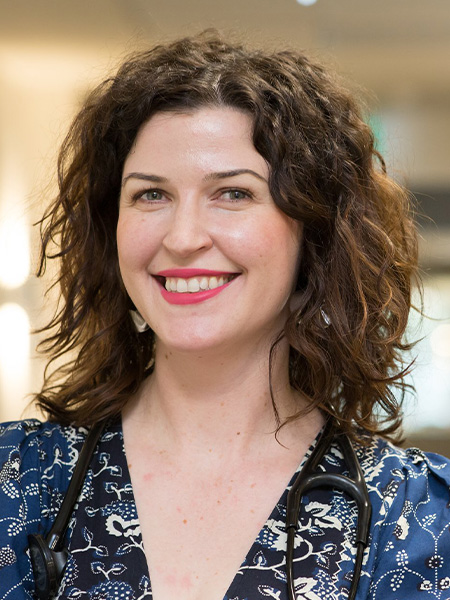

Dr Katharine See is the Chief Health Outcomes Officer and Director of Respiratory Medicine at Northern Health where she leads the Clinical Leadership, Effectiveness and Outcomes team. She is responsible for implementing outcomes collection via digital care pathways, redesigning clinical models of care by enhancing multidisciplinary collaboration, and implementing new technologies all aimed at achieving better outcomes for individuals and better health for populations.
Katharine is passionate about driving change towards Value-Based Health Care and health care reform. She believes digital health will help to deliver the outcomes that matter most of patients and communities.
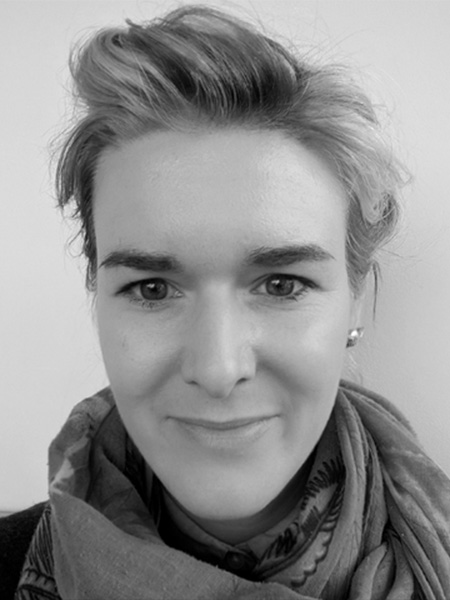

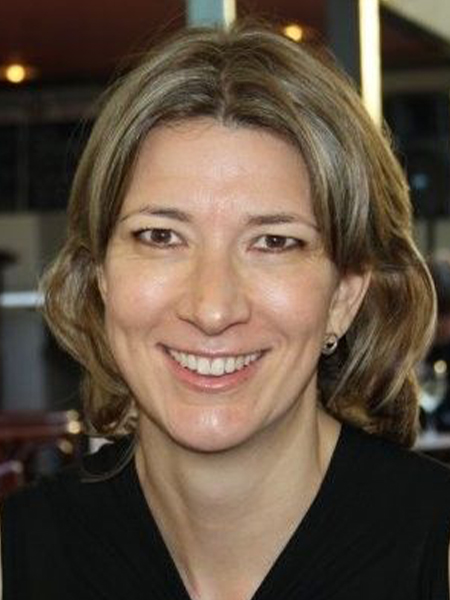

Melanie van Altena currently serves as the Director of the School Dental Programme Implementation at Dental Health Services Victoria since April 2019. Previously, she held the position of Executive Director at Royal Dental Hospital of Melbourne from November 2016 to April 2019, and prior to that, she served as a manager at the same hospital from June 2013 to November 2016. Melanie also briefly worked as a Project Consultant at Comcare in 2013 and as a Senior Manager at the Transport Accident Commission from February 2009 to February 2013. Earlier in her career, she held significant positions at TAC, including Senior Manager Clinical Services and Manager Clinical Panel. Melanie’s diverse experience also includes roles as a Project Leader and Team Manager at TAC, as well as serving as a Manager and Senior Physiotherapist at Victorian Rehabilitation Centre. Melanie holds an MBA degree in Business Administration and Management, General, obtained from Deakin University between 2008 and 2012. Prior to that, she completed a B. App. Sc in Physio from La Trobe University between 1987 and 1991. Additionally, she holds a Lean Green Belt certification; however, further details regarding the institution and year of obtaining are not provided.
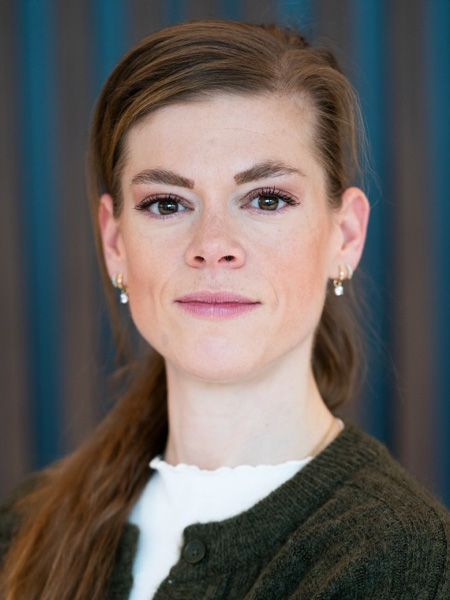

Anne Vogelaar is an experienced project manager with a dedication to health care transformation. Her work and background in the health care sector began as a consultant, where she played a key role in driving the implementation and optimization of Electronic Patient Records (EPDs). Transitioning into the position of a project leader, Anne oversaw numerous implementation projects and utilization streams related to Patient-Reported Outcome Measures (PROMs).
Her commitment is centred on advancing health care practices through collaborative efforts and innovative strategies, with a particular emphasis on personalized, Patient-Centred Value-Based Health Care. Currently serving as a Project Manager for the Better Together programme at Santeon, a collaborative network comprising seven top clinical Dutch hospitals, Anne focuses on Value-Based Health Care (VBHC) through learning and improvement, as well as the personalisation of health care. Within the Better Together programme, Anne and her team aim to enhance healthcare quality by not only considering medical outcomes and costs but also addressing other crucial outcomes important to patients, such as pain or mood after treatment. By doing so our hospitals offer care that adds value to the quality of life of our patients. Since 2015, the programme has successfully implemented VBHC for 15 conditions. Since 2019 Santeon’s VBHC program evolved with the addition of personalising health care. This addition aims to enhance Shared Decision Making supported by outcomes.
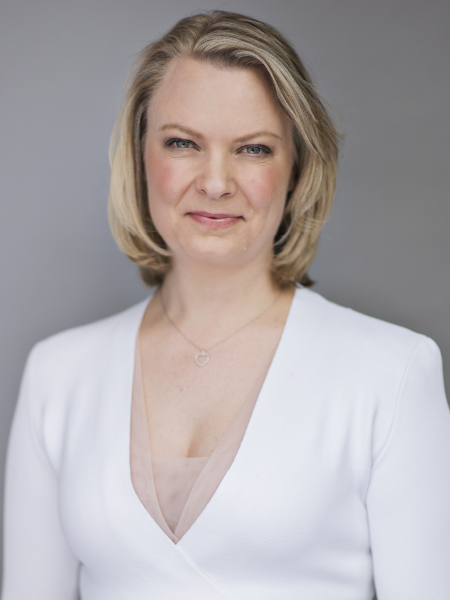

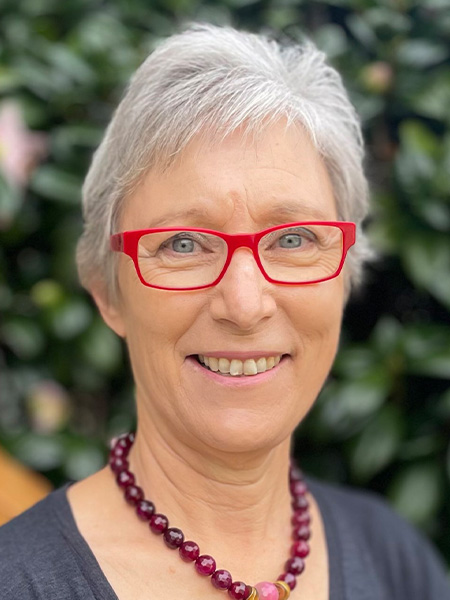
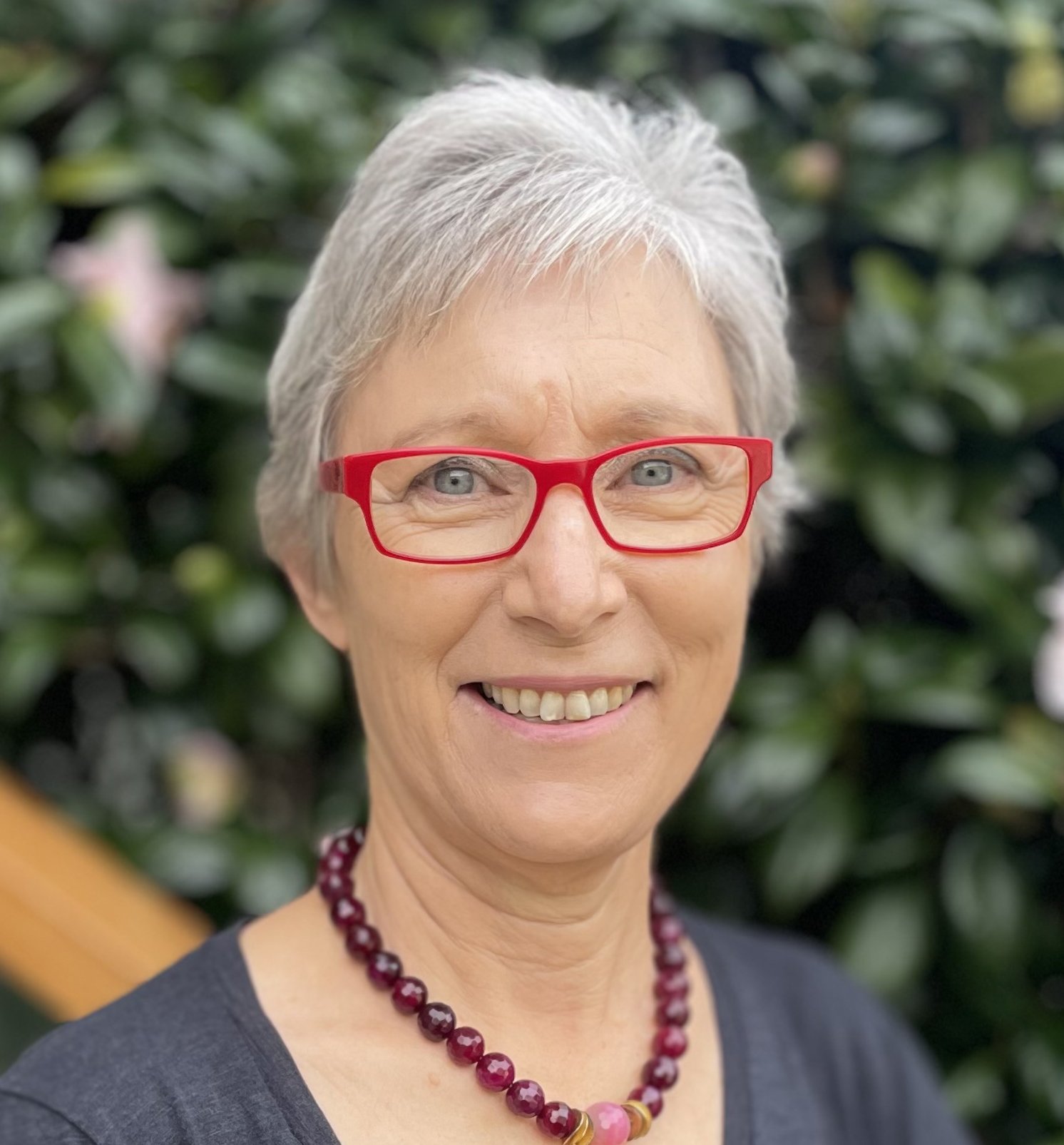
Sue Woodall spent with over three decades in executive procurement roles across diverse industries, including industrial, technology, retail, financial services, and government. Her dedication to excellence in procurement has been the cornerstone of her career.
In 2020, Sue faced a personal challenge while serving as the Chief Procurement Officer at the New South Wales Government, undergoing intensive treatment for breast cancer. Despite a supportive manager and team, unexpected obstacles arose, hindering her return to work and ultimately leading to the end of her career.
In response to her experience, in 2022, Sue established LiveWorkCancer. This initiative aims to empower individuals navigating the complexities of work and cancer, ensuring they sustain fulfilling work/careers. Recognising the pivotal organisations have in supporting employees affected by cancer, LiveWorkCancer collaborates with employers to cultivate inclusive workplace environments where individuals can thrive professionally, regardless of their cancer experience.
Sue contributes to various advocacy groups, including Breast Cancer Network Australia’s Consumer Advisory Group, Clinical Oncology Society of Australia (COSA)’s Financial Toxicity Working Group, and the Multinational Association of Supportive Care in Cancer (MASCC). Sue is also a certified organisational coach.
Beyond her professional endeavours, Sue led efforts in 2004-2005 that resulted in the enactment of the Good Samaritan Legislation in New South Wales. This legislation facilitated the donation of surplus food to charities, laying the foundation for organisations like OZ Harvest to combat food waste and address food insecurity.
Programme
2nd September 2024. Session 1.
| Time | Session | Speaker(s) |
|---|---|---|
| 10am | Welcome and opening remarks. |
|
| 10:20am | What do we mean by Person-Centred Value-Based Health Care (PCVBHC)? |
|
| 10:50am | Reflections. |
|
| 11:05am | Systems, governments and companies: why do we need to focus in on values, goals and preferences? |
|
| 11:40am | Moderated questions and discussion. |
|
| 12:15pm | Two stories:
|
|
| 12:15pm | Lunch. |
| Time | Session | Speaker(s) | |||
|---|---|---|---|---|---|
| 2:00pm | Intensive Masterclass (1) Eliciting and using values, goals and preferences in practice. | Intensive Masterclass (2) Announcing the findings from the Community of Practice focused on capturing and aggregating values, goals and preferences. | Intensive Masterclass (3) Using values, goals and preferences to shape company pipelines and to measure product effectiveness. | Intensive Masterclass (4) Developing programmes of education and research in PCVBHC. |
|
| 3:30pm | Insights derived from each Intensive Masterclass. | Each speaker. | |||
| 3:50pm | Break. | ||||
| Time | Session | Speaker(s) |
|---|---|---|
| 4:00pm | Putting PCVBHC into practice. |
|
| 5pm | Close. |
|
| Time | Session | Speaker(s) | |
|---|---|---|---|
| 10:00am | Welcome and opening remarks. |
|
|
| 10:10am | Sustainability through personalisation
|
|
|
| 11:00am | Intensive Masterclass
(1)
Personalising prevention: tailoring our approaches to individuals. | Intensive Masterclass
(2)
Personalising services: user centred design. |
NB: each masterclass lasts one hour and delegates can choose to attend one. |
| 12:00pm | Personalisation, value and equity: bringing these together and the role of artificial intelligence. |
|
|
| Time | Session | Speaker(s) |
|---|---|---|
| 12:30pm | Ǫuestions and discussion. | |
| 1:00pm | Lunch. | |
| 2:00pm | Working in partnership to achieve PCVBHC – from prevention through to diagnosis through to care. |
|
| 3:30pm | What does this all mean for you? |
|
| 4:00pm | Closing remarks. |
|
| 4:30pm | Close. | |
Head of Organising Committee for the 2024 Australsian Forum on PCVBHC.
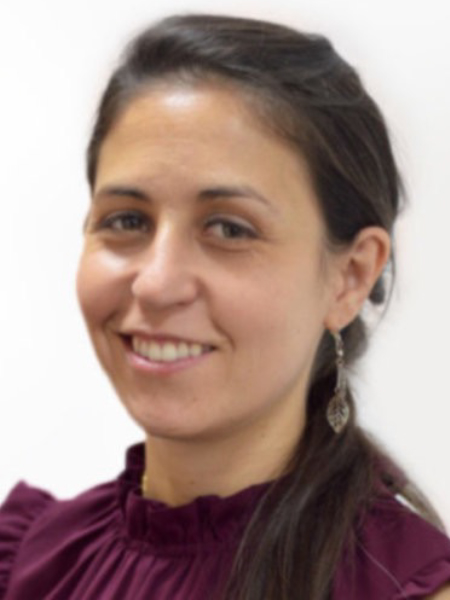

Registration fees
For full-time and part-time students (undergraduates and postgraduates) and consumer advocacy organisations: there is a flat fee of $380 AUD.
For all other interested attendees, the specific registration fees are outlined in the table below.
| Registration | Date | Price | |
|---|---|---|---|
| Governments and government agencies, public hospitals and payers, non-profit organisations, non-governmental organisations (NGOs), university staff, small for-profit companies.* | Medium and large for-profit companies.** | ||
| Early bird fee Special rate until 12th May 2024 | Until 16 weeks before event. | $450 AUD. | $900 AUD. |
| Standard fee. From 13th May 2024 | From 16 weeks before event. | $500 AUD. | $1000 AUD. |
* small for-profit company (1 to 49 employees).
** medium for-profit company (50 to 249 employees) and large for-profit company (more than 250 employees).
Registration fees – proof of status
If you are eligible for the student or consumer advocate ticket price, please submit one of the following to Andrea Srur (a.srur@sprink.co.uk).
a. Proof of student status
- A statement of student status letter from your academic centre.
- Photo of your student identification card.
b. Proof of status as a consumer representatives/advocate.
- Verification letter from the organisation, patient group or hospital you represent.
Once the proof of status is received, you will be sent a discount code for you to use when registering for the Forum.
Accommodation
Register now
Steering Committee
Willem Jan Bos, MD PhD, is an internist with a specialisation in kidney diseases. He holds a dual role, serving as a faculty member at the Department of Internal Medicine within the Leiden University Medical Center, where he holds a bestowed chair in “Nephrology: Outcomes of Care.” In addition, he maintains a clinical practice at the St Antoniusziekenhuis in Utrecht/Nieuwegein.
Willem Jan is actively engaged in Value-Based Health Care (VBHC) initiatives within both of these health care institutions, as well as in the nephrology project of the Santeon chain of hospitals in the Netherlands. His primary research endeavors are directed towards enhancing health care by implementing value-based principles, with a particular focus on tailoring kidney care to individual patients and optimising kidney care for the elderly population.
Willem Jan assumed the role of chair for the recently established Santeon research group dedicated to personalising care. Moreover, he shares the leadership responsibilities of the Linnean Initiative, a national endeavor aimed at promoting VBHC implementation throughout the Netherlands. Additionally, he has chaired the ICHOM working group focusing on chronic kidney disease.
Thomas Kelley is current CEO of Sprink. Prior to this role, between 2018 and 2019, he was the National Clinical Advisor on Value- Based Health Care (VBHC) for the Welsh Government. Between 2013 and 2018 he worked at the International Consortium for Health Outcomes Measurement (ICHOM). He established the London office in 2014 and subsequently led ICHOM’s work in the EMEA region between 2014 and 2017. In 2017 he took overall responsibility for ICHOM’s day-to-day operations across its London and Boston offices. He also had global responsibility for ICHOM’s strategic partnerships. Prior to working at ICHOM he practiced as a physician at Oxford University Hospitals (OUH). He received his BSc and MD from the University of Manchester, UK and MBA from the University of Oxford, UK.
Susan Mckee is a Registered Nurse with over 35yrs in the health sector. During this time, she has worked across the healthcare sector with a range of organisations including public, not-for-profit, privately owned and the charitable sector. Her roles have included both clinical and organizational leadership as a Nursing Director, Chief Operating Officer and Chief Executive. Sue is a strategic, values-driven executive, with a proven ability to lead organisations through complex change and challenging external environments. She is committed to leading organisations that provide services that enhance the life of its customers that is true to its purpose and values its people.